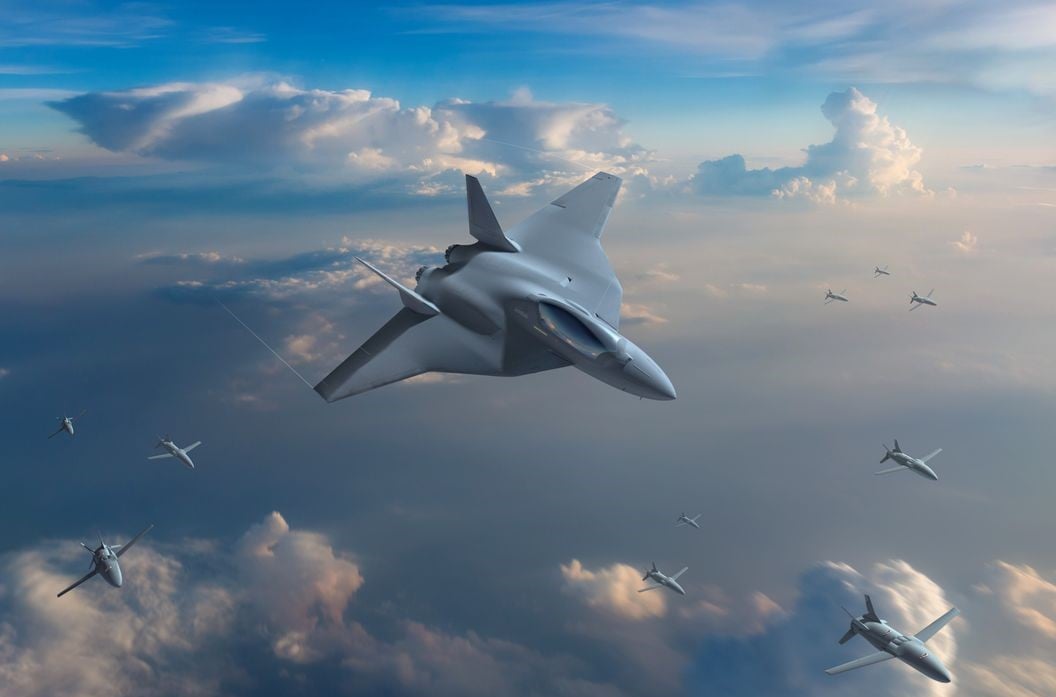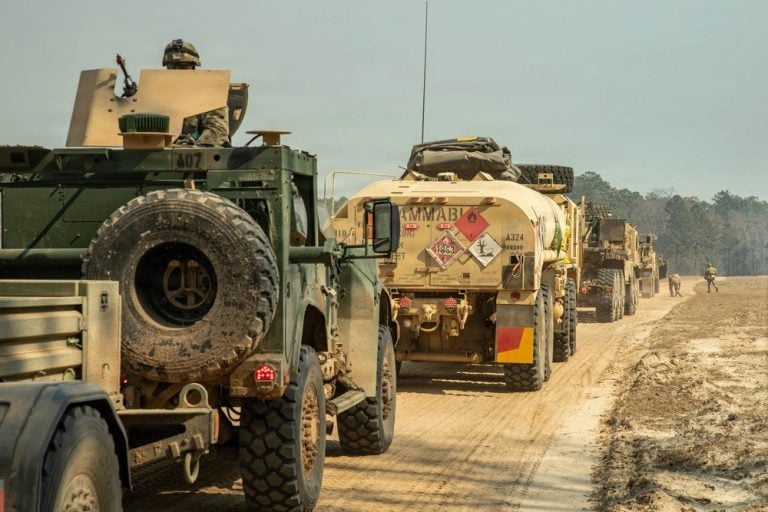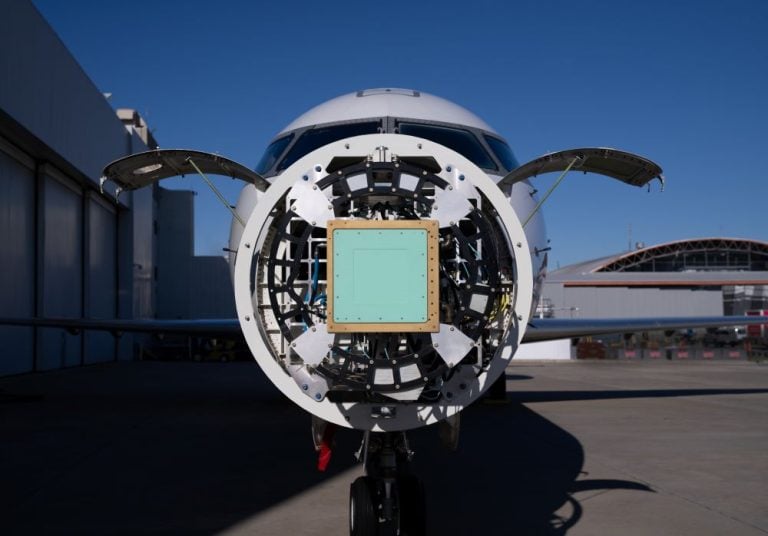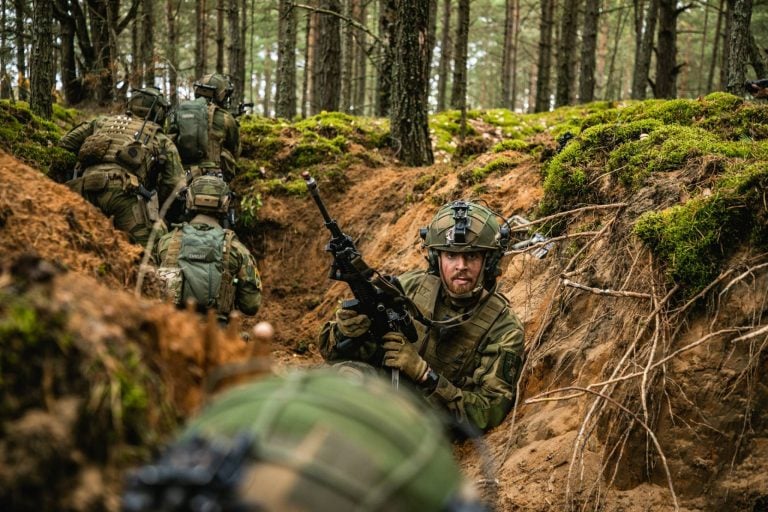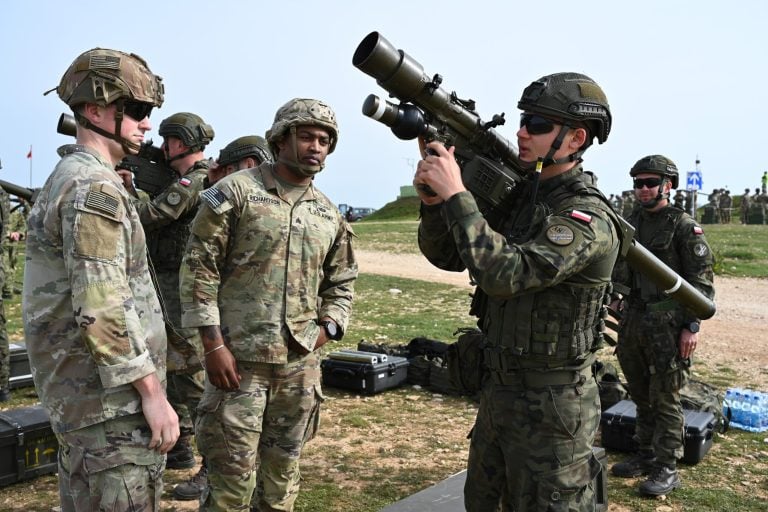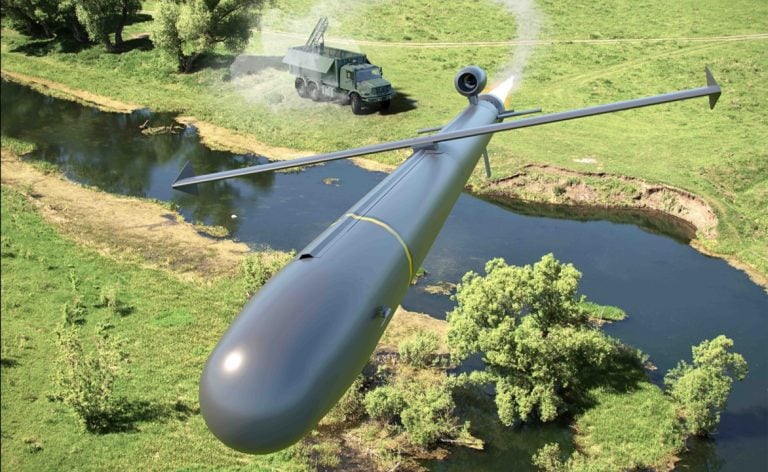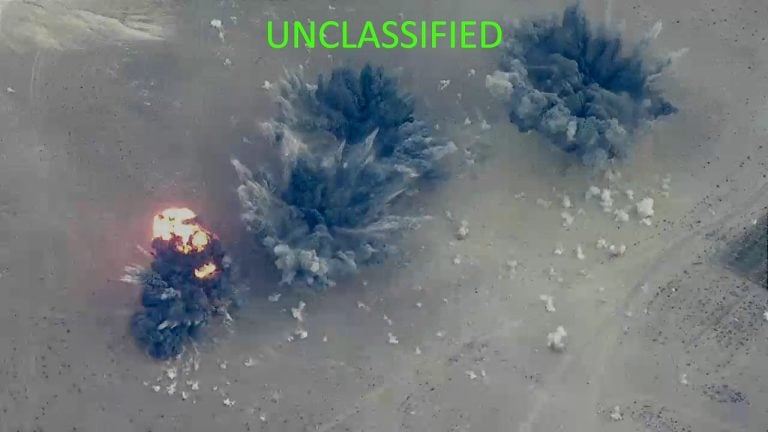Tensions are mounting between Germany and France regarding the distribution of responsibilities in Europe’s ambitious Future Combat Air System (FCAS) project, valued at €100 billion ($117 billion). A report from Politico indicates that officials in Berlin are contemplating a separation from Paris amidst contentious debates over workshare and program governance.
At the heart of the disagreement is France’s demand for up to 80 percent of the workload on the New Generation Fighter segment, which is central to the FCAS initiative. German stakeholders assert that this demand undermines the original trilateral understanding among France, Germany, and Spain to ensure an equitable distribution of contributions.
Launched in 2017, the FCAS project is positioned as Europe’s most advanced defense undertaking, aimed at achieving military independence and decreasing reliance on American military technology. The program envisions the development of a sixth-generation fighter jet, complemented by drones, advanced weaponry, and a comprehensive digital “combat cloud” that integrates air, land, sea, and space operational capabilities. This initiative is set to phase out existing aircraft such as France’s Rafales and Germany’s and Spain’s Eurofighter Typhoons by the year 2040.
Concerns over fair collaboration have reportedly prompted the German Defense Ministry to address these issues in discussions with Airbus, the leading firm in Germany’s FCAS program. There are indications that Germany may pursue closer partnerships with nations like Sweden or the UK, or potentially seek a bilateral agreement with Spain.
Friedrich Merz, the German Chancellor’s spokesperson, emphasized the importance of adhering to the trilateral pact. He warned that ongoing disputes could significantly hinder the project’s progress. According to him, the distribution of responsibilities and workloads must strictly follow the established contract, reaffirming that there are no disagreements between Germany and Spain.
Spanish Prime Minister Pedro Sánchez reiterated Spain’s commitment to the FCAS framework while highlighting the need to respect previously agreed-upon conditions. He stated, “Spain’s interest in this project is genuine, total, and absolute, but it must align with the agreements already set by the three countries.”
The timing of this dispute is particularly poignant given the heightened urgency surrounding Europe’s defense ambitions in the wake of Russia’s war in Ukraine. This conflict has galvanized NATO countries to increase defense spending and expedite military modernization, with next-generation fighter programs becoming vital to countering sophisticated geopolitical threats.
